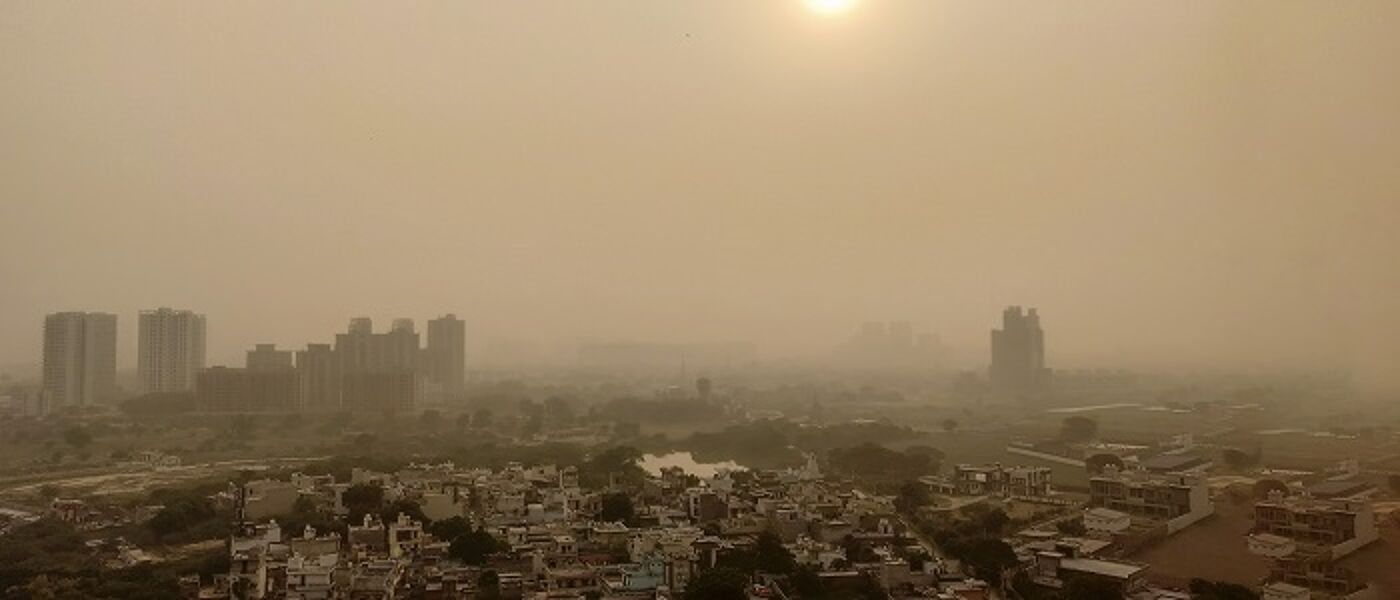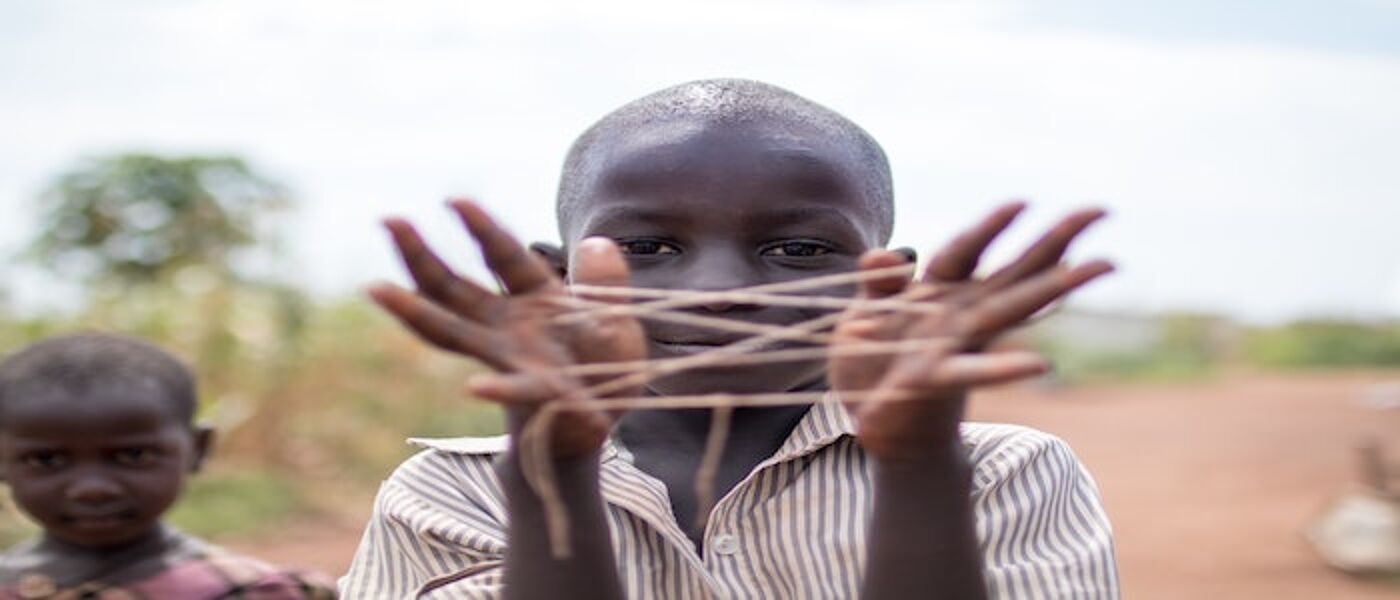2. Health Inequality
Despite progress in many areas such as reductions in maternal and child mortality rates, less than half of the world population have access to essential health services. Health outcomes are still greatly determined by social and economic conditions. Addressing health disparities is essential to global wellbeing and ensuring the right to health.
Our research improves global health by exploring health inequalities in LMICs. It provides insights into social and economic drivers behind health outcomes contributing to policies and programmes that target disadvantaged populations. This cluster also includes research on the COVID-19 pandemic in the Global South.
Geographical focus
Brazil, Vietnam, Colombia, sub-Saharan Africa
UN Sustainable Development Goals

From emergency to resilience: Building healthy and resilient cities through learning
Insight The UNESCO Global Network of Learning Cities background document offers recommendations and practical examples to help cities promote learning for health.

The Brazilian Deprivation Index (BDI)
Insight The Brazilian Deprivation Index (IBP) is the first small area deprivation measure covering the whole of Brazil.

The 'good life' and mental health among refugee communities
This journal article explores the meaning of a 'good life' among refugee communites and the implications for their mental health.
Priority Challenge 2 Projects
The 100 Million (100M) Cohort in Brazil
Project Title: The 100 Million (100M) Cohort in Brazil
Geographic focus: Brazil
The project brings together social security data with health outcomes focusing on infectious diseases. It will enable the identification of the social determinants of health and improve the understanding of how to reduce inequalities in LMICs.
Project Lead: Prof Alastair Leyland
Project Website: cidacs
Brazilian Deprivation Index (BrazDep)
Project Title: Brazilian Deprivation Index (BrazDep)
Geographic focus: Brazil
The index is a small area deprivation measure for the whole country. It measures relative deprivation creating a scale from the least to the most deprived. The index is a useful tool to identify health inequalities and support policy and programme targeting.
Project Lead: Prof Alastair Leyland
Project website: NIHR

